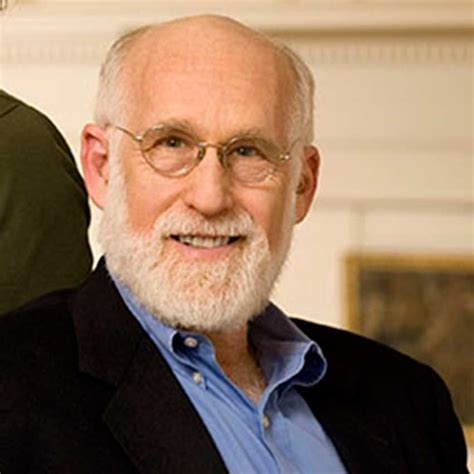A Quote by Oliver Pell
Optimism is a psychological disorder exhibited by those out of touch with reality
Related Quotes
Christian optimism is not a sugary optimism, nor is it a mere human confidence that everything will turn out all right. It is an optimism that sinks its roots into an awareness of our freedom, and the sure knowledge of the power of grace. It is an optimism that leads us to make demands on ourselves, to struggle to respond at every moment to God's call.
It's best to not confuse optimism with hope. Optimism is a psychological attitude toward life. Hope goes further. It is an anchor that one hurls toward the future, it's what lets you pull on the line and reach what you're aiming for and head in the right direction. Hope is also theological: God is there, too.
Alcohol and drugs are not the problems; they are what people are using to help themselves cope with the problems. Those problems always have both physical and psychological components- anything from anemia, hypoglycemia, or a sluggish thyroid to attention deficient disorder, brain-wave pattern imbalances, or deep emotional pain.
There are really two kinds of optimism. There's the complacent, Pollyanna optimism that says, 'Don't worry - everything will be just fine,' and that allows one to just lay back and do nothing about the problems around you. Then there's what we call dynamic optimism. That's an optimism based on action.
There are really two kinds of optimism. There's the complacent, Pollyanna optimism that says "don't worry - everything will be just fine" and that allows one to just lay back and do nothing about the problems around you. Then there's what we call dynamic optimism. That's an optimism based on action.





































